Double Trouble In Hollywood: Writers And Actors On Strike, Production Halted
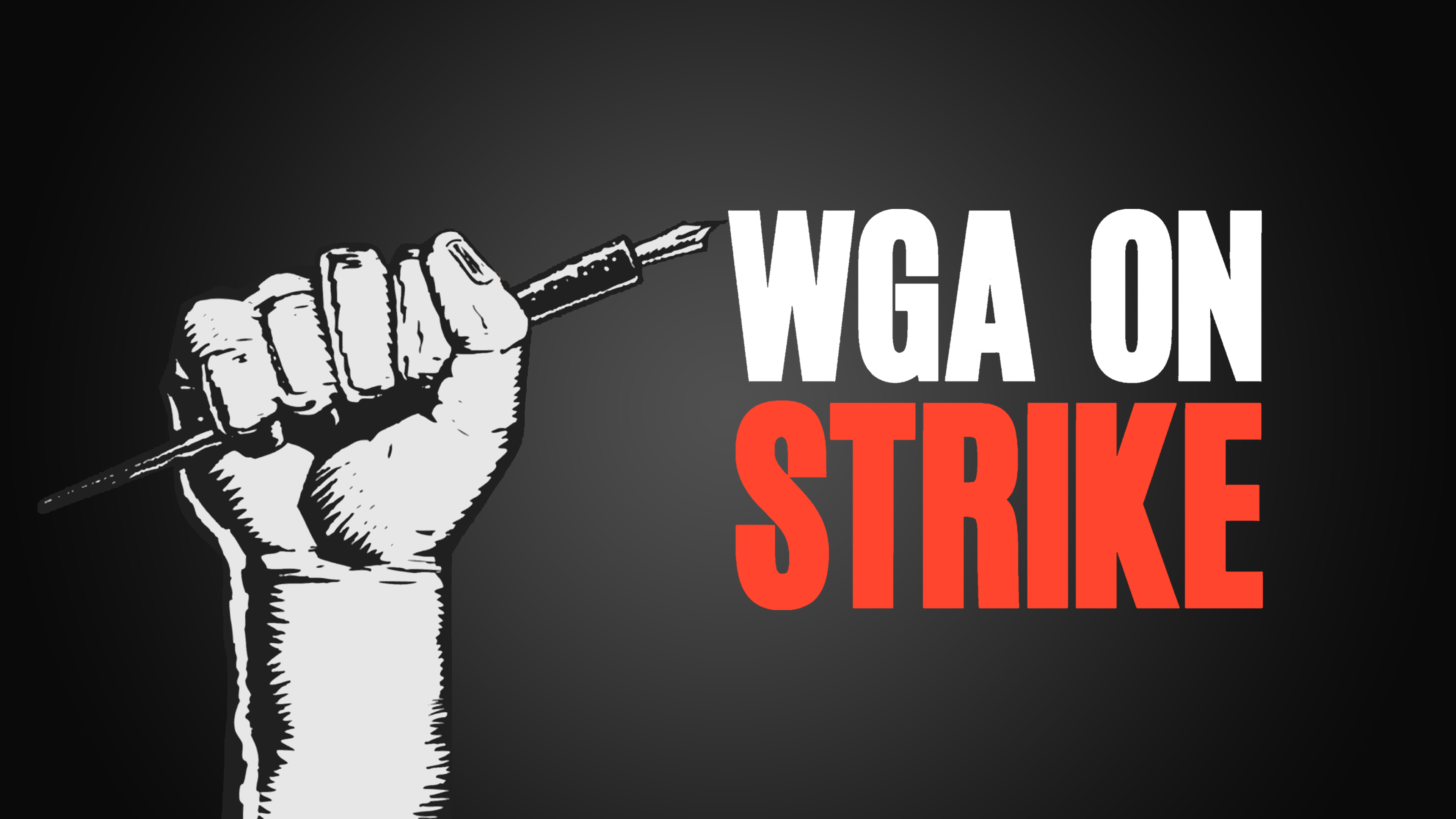
Table of Contents
Hollywood is facing an unprecedented crisis. The simultaneous strike by the Writers Guild of America (WGA) and the Screen Actors Guild – American Federation of Television and Radio Artists (SAG-AFTRA), often referred to as the Hollywood strikes, has brought film and television production to a grinding halt. This unprecedented "double trouble" is impacting countless individuals and raising serious questions about the future of the entertainment industry. This article delves into the key issues driving the strikes and their potential long-term consequences.
The Writers' Strike: Key Demands and Impacts
The Writers Guild of America (WGA) strike, a significant component of the current Hollywood strikes, is fueled by several key demands aimed at addressing the evolving landscape of the entertainment industry.
Fair Compensation and Residuals
The WGA's central demand revolves around fairer compensation for writers, particularly in the streaming era. Traditional television models provided residuals – payments to writers based on the continued airing of their work. The shift to streaming has drastically altered this, resulting in significantly reduced compensation for writers.
- Reduced residuals from streaming platforms: Streaming services often pay a lump sum for a series, regardless of viewership or longevity, unlike traditional television’s episode-by-episode residuals. This has led to considerable financial hardship for many writers.
- Demand for increased minimum salaries and benefits: The WGA seeks to increase minimum salaries and improve healthcare and pension benefits to reflect the rising cost of living and the increased demands of the industry.
- Concerns over the use of AI in writing: The WGA is deeply concerned about the potential use of artificial intelligence to replace human writers, demanding safeguards to protect writers' jobs and creative control. The fear is that AI could be used to generate scripts cheaply, further diminishing writers' compensation and creative input.
Impact on Television and Film Production
The writers' strike has already had a profound impact on the television and film industry. The widespread halt in production has far-reaching consequences.
- Delayed release dates for highly anticipated shows and movies: Many shows and films have experienced significant delays, impacting release schedules and potentially affecting viewer anticipation.
- Loss of jobs for writers, crew members, and other industry professionals: The strike has led to widespread job losses extending beyond writers, impacting crew members, support staff, and other professionals reliant on active productions.
- Potential long-term consequences for the quality and diversity of programming: Concerns exist that the ongoing strike could negatively affect the quality and diversity of future programming, potentially leading to a homogenization of content.
The Actors' Strike: Joining Forces and Shared Concerns
SAG-AFTRA's decision to join the WGA on the picket line significantly escalated the Hollywood strikes, bringing nearly all film and television production to a complete standstill. Their concerns mirror those of the writers, with an added focus on the impact of AI on actors' work and livelihoods.
Fair Wages and Working Conditions
SAG-AFTRA's demands center on fair wages and improved working conditions, addressing issues exacerbated by the streaming era and the emergence of AI.
- Demand for increased minimum wages: The union is pushing for significant increases in minimum wages to reflect the rising cost of living and the increased demands placed on actors.
- Concerns about the use of AI to replace actors: Similar to the WGA, SAG-AFTRA is deeply concerned about the potential use of AI to generate likenesses of actors without their consent or compensation, potentially diminishing actors' value and job security.
- Protection of actors' rights and working conditions on set: SAG-AFTRA is seeking better protections for actors' rights and working conditions on set, including longer rest periods and improved safety measures.
Impact on Production and Marketing
The actors' strike has further compounded the challenges facing the industry, creating a near-total shutdown of production and significantly impacting marketing efforts.
- Halted filming of movies and television series: The combination of the WGA and SAG-AFTRA strikes has brought almost all film and television production to a standstill.
- Cancellation of film festivals and promotional events: Many film festivals and promotional events have been canceled or postponed due to the lack of actors available for publicity.
- Significant financial losses for studios and production companies: The prolonged strikes are resulting in substantial financial losses for studios, streaming platforms, and related businesses.
The Potential Long-Term Effects of the Hollywood Strikes
The combined impact of the Hollywood strikes could have significant and far-reaching consequences for the entertainment industry and the broader economy.
Economic Fallout
The economic ripple effect of these strikes is substantial and wide-ranging.
- Job losses across the industry: The job losses extend far beyond writers and actors, impacting crew members, support staff, catering services, and numerous other related businesses.
- Financial losses for studios, streaming platforms, and businesses reliant on Hollywood productions: The prolonged shutdown is causing substantial financial losses for major players in the industry and smaller businesses that support it.
- Potential negative impact on the US economy: The entertainment industry is a significant contributor to the US economy, and these strikes have the potential for widespread negative economic repercussions.
The Future of Creative Content
The strikes raise fundamental questions about the future of creative content creation and the relationship between studios and creative professionals.
- The role of AI in the creative process: The strikes highlight the growing debate surrounding the ethical and practical implications of using AI in the creative process.
- The long-term impact on the quality and diversity of programming: Concerns exist about the potential impact on the overall quality and diversity of future productions in light of the ongoing labor disputes.
- Potential shifts in the power dynamics between studios and creative professionals: The strikes could ultimately lead to shifts in the power dynamic between studios and creative professionals, potentially resulting in more equitable agreements in the future.
Conclusion
The simultaneous Hollywood strikes are a watershed moment, with potentially far-reaching consequences. The demands for fair compensation, improved working conditions, and protections against AI are crucial for the long-term health and sustainability of the entertainment industry. The resolution of these issues is vital, not only for the actors and writers but for the entire ecosystem of filmmaking and television production. To stay updated on the ongoing developments in the Hollywood strikes and their impact on your favorite shows and movies, keep checking back for updates. Understanding the issues at stake is crucial for supporting the creative professionals who bring us the entertainment we love.

Featured Posts
-
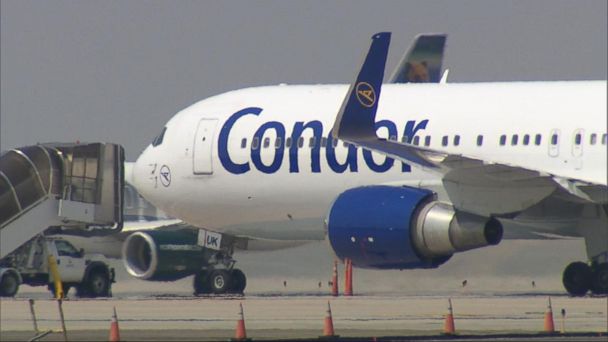 Emergency Landing In Seattle Tokyo Flight Diverted After Passenger Incident
May 27, 2025
Emergency Landing In Seattle Tokyo Flight Diverted After Passenger Incident
May 27, 2025 -
 American Music Awards 2025 Janet Jacksons Icon Award And Performance
May 27, 2025
American Music Awards 2025 Janet Jacksons Icon Award And Performance
May 27, 2025 -
 Manchester Uniteds Pursuit Of Victor Osimhen A Transfer Analysis
May 27, 2025
Manchester Uniteds Pursuit Of Victor Osimhen A Transfer Analysis
May 27, 2025 -
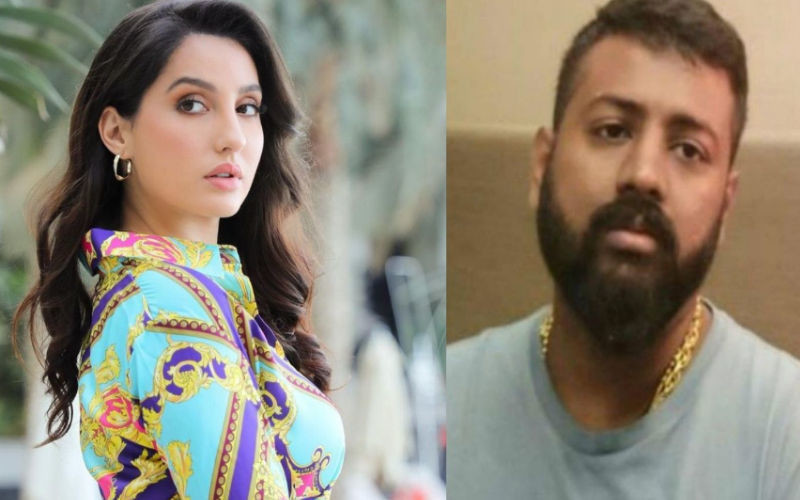 Bollywood News Nora Fatehi Involved In Sukesh Chandrashekhars Extortion Case
May 27, 2025
Bollywood News Nora Fatehi Involved In Sukesh Chandrashekhars Extortion Case
May 27, 2025 -
 Opry 100 Gwen Stefanis Stunning Sheer Black Dress
May 27, 2025
Opry 100 Gwen Stefanis Stunning Sheer Black Dress
May 27, 2025
Latest Posts
-
 Joint Venture Manitoba And Nunavut Develop Kivalliq Hydro Fibre Infrastructure
May 30, 2025
Joint Venture Manitoba And Nunavut Develop Kivalliq Hydro Fibre Infrastructure
May 30, 2025 -
 High Rates Of Cfs Intervention Among First Nations Parents In Manitoba A 1998 2019 Analysis
May 30, 2025
High Rates Of Cfs Intervention Among First Nations Parents In Manitoba A 1998 2019 Analysis
May 30, 2025 -
 Strategic Energy Corridor Manitoba And Nunavut Collaborate On Kivalliq Hydro Fibre Project
May 30, 2025
Strategic Energy Corridor Manitoba And Nunavut Collaborate On Kivalliq Hydro Fibre Project
May 30, 2025 -
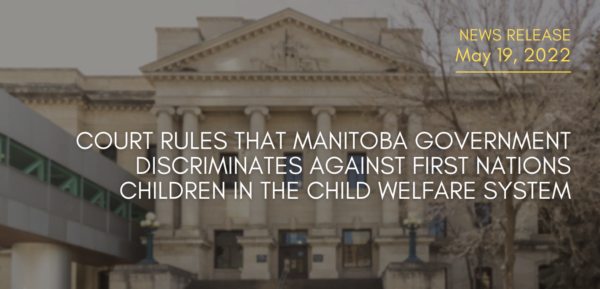 Manitoba Child And Family Services First Nations Family Intervention Rates 1998 2019
May 30, 2025
Manitoba Child And Family Services First Nations Family Intervention Rates 1998 2019
May 30, 2025 -
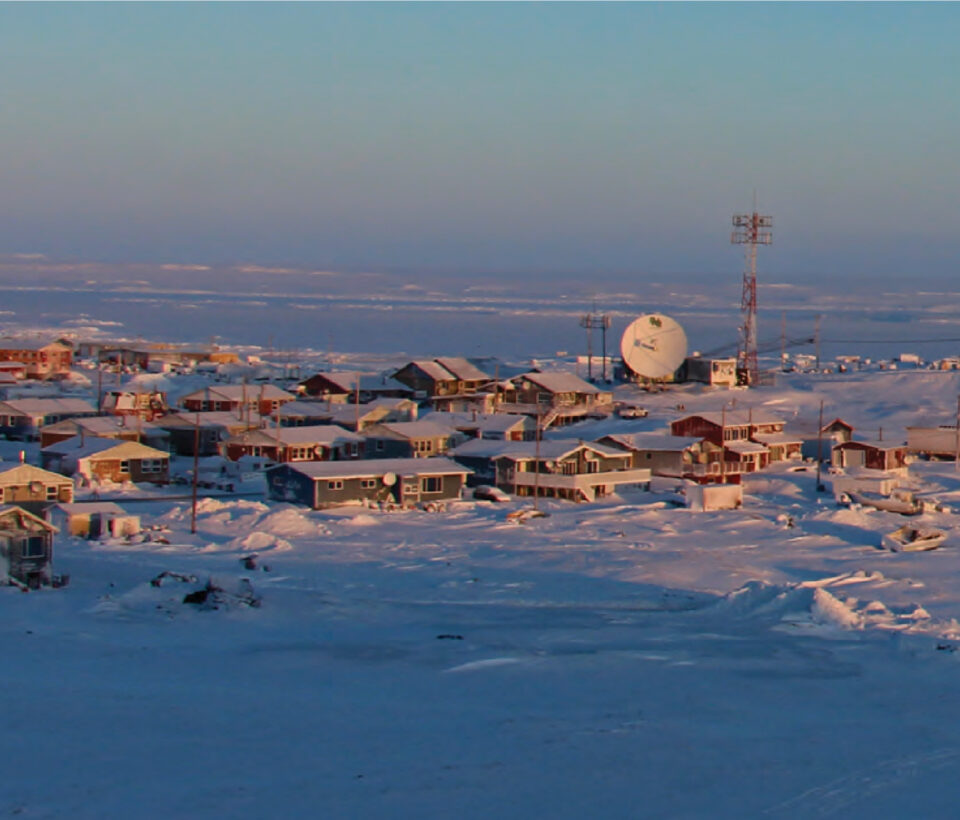 Kivalliq Hydro Fibre Link A Strategic Energy And Economic Corridor For Manitoba And Nunavut
May 30, 2025
Kivalliq Hydro Fibre Link A Strategic Energy And Economic Corridor For Manitoba And Nunavut
May 30, 2025
